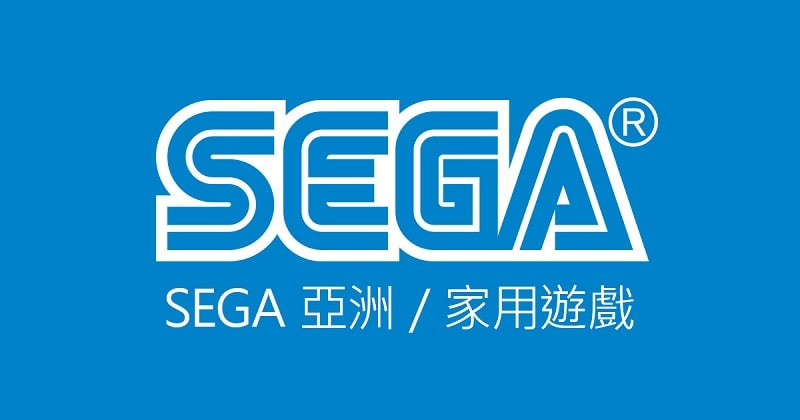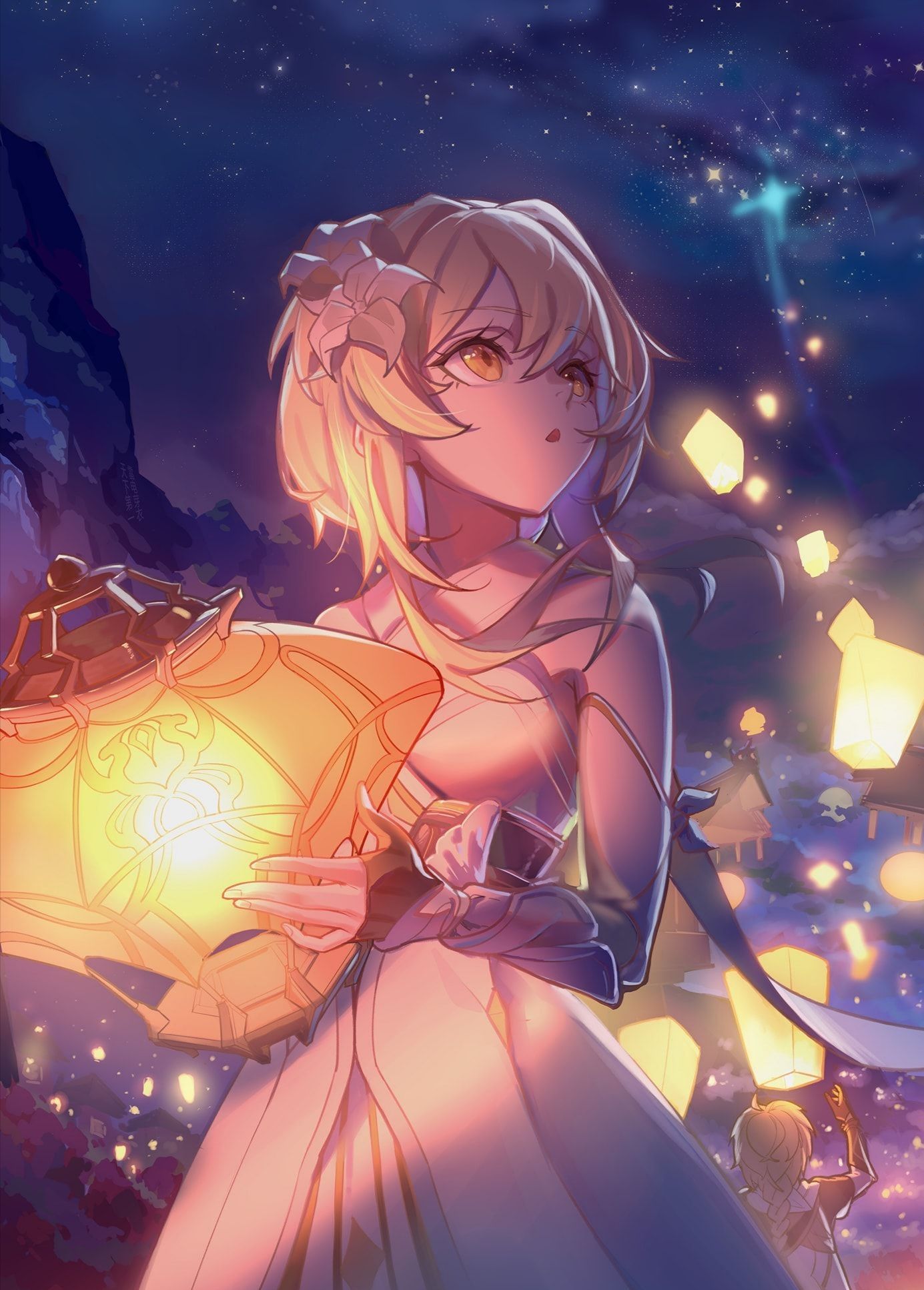- cross-posted to:
- games@lemmy.world
- cross-posted to:
- games@lemmy.world
Shuji Utsumi, Sega’s co-CEO, comments in a new statement that there is no point in implementing blockchain technology if it doesn’t make games ‘fun’.
He is right.
I have never been able to figure out the answer to this, so maybe someone here knows: exactly how does one implement blockchain technology into a game, and what’s the purpose of doing so? Like in terms of actual gameplay, what’s it supposed to achieve? Is there a valid reason you’d want to include it?
Yeah I’ve been wondering the same thing too, like what’s the point? I’ve seen some devs try to use blockchain for tracking ownership of items, so you could trade/sell items to others and it would all be tracked and verified through the blockchain. But if you’re playing a game that’s hosted by a centralized server, then just use a database. I don’t see any benefit for a decentralized blockchain when you’re playing on a centralized server.
There isn’t a use case. They created a product and keep trying to shoehorn it into any industry they can.
Maybe as an anti-cheat measure for P2P games?
Which type of cheat?
Like item duplication or flat out editing. I’m just trying to imagine anything useful about blockchain in gaming and I that’s all I can come up with.
Ah, I see.
The part about a blockchain that would prevent this cheating are incidental: Its remote nature and unique item IDs, which are abilities it shares with a regular database on the game server.
Exactly. To replace the game server in a peer to peer game where the host cannot be trusted, for example. You replace the central authority with a distributed authority. In theory. It seems to me a central game server would be easier, but I’d course the game stops working when the server shuts down. Blockchain would presumably allow the game to keep working as long as there is a player base to function as an authority. But this seems a contrived idea. I can’t imagine it would be better than a server in practice.
Simple rule of thumb; any time someone says blockchain in a sentence, replace it with “big slow database”. Now you can think about it clearly.
Thanks, that’s helpful! I’ve had a lot of really good responses from everyone about various use cases for blockchains in games, but “big slow database” does seem to sum up most of them remarkably well!
Ofcourse it’s a over-simplification since it’s actually an “append-only geo-distributed database with non-centralized control” but the former works quite well when talking with people who want to sell me blockchain.
I always ask them what is the problem that a standard DB can’t solve that a blockchain can and they stumble a few steps.
The only justification I’ve ever been able to think of is Pokémon. The idea is supposed to be that every Pokémon is unique but there’s actually only a limited set of variables to define each individual ‘mon. I can trade you a Zubat I just caught and it can be identical to one that I first caught in Fire Red twenty years ago and have traded through every game since.
If each Pokémon was truly unique and on the blockchain, it could be meaningful in ways they currently aren’t. There could be only one Coalossal that Wolfe Glick won the Player’s Cup with. He could trade it away for charity and someone would pay for it. I could trade Pokémon away and track them as they’re traded around the world.
It’d be cool. But it would not meaningfully make the game more fun. And it’s Nintendo so they’re never going to do blockchain. And that is the best pitch I can give you.
And even then, you could still do that unique Pokemon idea without using a blockchain. Use unique identifiers in a good old database, or, heck, just tell the user with words, “there are many pidgeottos but this one is yours”.
A blockchain idea has to not only be a good idea, but also not possible with simpler technology for it to be genuinely worthwhile.
This isn’t even necessary to do. You can already do this with systems in place. There’s no good use of nfts/blockchain except if your goal is to scam people.
I’ve got to give you credit, this is the first time I’m hearing of a situation where blockchain actually serves a purpose in a game. It’s a pretty niche scenario, but yeah it would add some value in this case.
So basically if something in a game (item, character, account, etc) needs to persist beyond the game then blockchain could be a solution. You could probably still do this with some kind of traditional database, but maybe blockchain has some technical advantage?
Yeah, this is a solid use case situation that actually makes sense to me, since right now even unique Pokemon can be cloned and traded - I have a number of cloned event Pokemon in my collection, because they were events held in geographically impossible locations, and generous players distributed them online.
But I suppose that’s why, even though using blockchain to enforce uniqueness on Pokemon is a genuine use case that I can see the potential value of, there’s elements of it I’d hate if they were implemented. I’ve never been a huge fan of artificial scarcity, and using blockchain only makes sense if artificial scarcity is to be enforced. Right now, Nintendo seems to disapprove of cloning event Pokemon, but generally turns a blind eye to it outside of the official competitions.
So it’d definitely be a trade-off. Is it worth knowing for certain that your Zubat is 100% unique, if it also means that you can never “catch 'em all” because an event-only Pokemon was only available at an event 300 miles away?
It’s only purpose is to monetize your gameplay time with some kind of real world “value”.
Everything else is just the lies they tell you to get away with enshitifying the game.
Most of the supposed benefits of blockchain in gaming would either never actually be realized due to the infeasibility, or would be just as easily implemented using alternative, pre-existing methods.
There are a few ways to do it. As one mentioned, trading of in-game assets. Additionally, some games want to become “Play to Earn”. Essentially the more you play their game, the more buttcoin (made-up coin to use for this conversation) you earn which then you can trade somewhere for real money. It’s like when you play CSGO for years and end up with 350 dollars in steam from selling all those free cases they just give you at the end of a match so you end up buying a steam deck for essentially free… So going back to blockchain, essentially, actions in a game can get you more or less coins. Like you are playing a buttcoin miner.
So I’ve seen a few storefronts try to implement this for all games in their store. That way if you play a game, you earn buttcoin, take that buttcoin to buy a new game.
Utsumi is right though. Buttcoin implementations will not make a game more or less boring. It’s an economy system implementation and most people don’t find the economy as a fun thing.
Those play to earn games, unless there is some weird magical source of outside revenues, are all convoluted ponzi schemes, though. The only money coming in is from new players (it takes hundreds or more dollars to join Axie Infinity, for example). You can earn real money while the game is growing, but as soon as growth stops, the whole system collapses
It’s not really a ponzi scheme when it comes to cryptocoin because they just keep minting more. They are literally printing money. So they don’t need a source of money. This isn’t me advocating for such games at all though. They are usually trash. I can see a world where something like WoW’s gold system is tied to a cryptocoin and thus the money you earn in WoW gains more direct real-world value. Of course, it’s something like 0.00001 of a US dollar but it’s something.
They aren’t saying crypto is a ponzi scheme, they’re saying play to earn is a ponzi scheme. Saying pay to earn isn’t a ponzi scheme because more money is minted is like saying a ponzi scheme isn’t a ponzi scheme because the fed prints more money. Ponzi schemes are a business model where the majority of revenue comes from sign-up fees and investments, the economy they exist within is irrelevant.
That being said a lot of cryptobros seem to want to use crypto as a ponzi scheme so it’s easy to see where people get that impression. Pump and dump can be framed as one - the initial investment is people buying the crypto or dedicating resources to mining it giving the illusion of increasing value, then the people with the most crypto (top of the pyramid) “dump”, causing the model to collapse and extracting surplus value from people’s investment. This isn’t inherent to crypto more than any financial system though, it’s a side effect of the economy being small enough that individual actors can cause a total market collapse and people treating it as an investment rather than a currency (possibly promoted by crypto being deflationary?)
One reason to include blockchain tech in games is to enable trading of in-game assets without needing to build a trading engine from scratch. It also offers the chance to tie in-game assets directly to real-world values, and have certain assets be useful across games in a franchise. Basically everything Magic The Gathering or Pokémon does, except that you don’t have to worry about the cards deteriorating as you use them.
Once you realize that Magic and Pokémon were just cardstock NFTs all along, the whole idea of NFTs in gaming start to make more sense. Not every application that the the Crypto Bros propose to solve with NFTs are really appropriate, but some are.
TCGs use fungible resources, though. Except for very rare cases like misprints or limited releases, two cards are completely interchangeable so long as they’re the same card. I could maybe see Pokemon using NFTs because they’re supposed to be your special semi-sentient animal friend, so making them non-fungible is a natural progression. They’ve approximated this with IV and PV, but ultimately you can still clone your shiny pikachu with hacks. An NFT pokemon could have a personal history on the blockchain (battles/contests won/lost, grooming/play sessions, parental/trainer involvement, regions they’ve seen, battle partners they’ve had, etc etc etc) which affects its behavior in subtle ways that simple numbers can’t achieve. You could do this without NFTs using a centralized service, but I given the radical backwards and forwards compatibility of the games decentralization might make it a lot simpler to implement.
Note too that this is a strictly non-financial application of NFT. You could potentially exchange money out-of-band like you would in selling a card, but it doesn’t require the pokemon cost anything. If I were to implement it, I’d probably avoid calling it “NFT” like the plague because it’d pull in cryptobros like a swarm of locusts and ruin the fun for normal people who don’t want to pay $3000 for a Zigzagoon.
but some are
In a way, maybe, but not in a way that it solves a problem in a novel and useful way. It solves a solved problem in a worse way.
I won’t necessarily dispute that.
If Blockchain tech really did solve a gaming problem in a unique way, it would be done under the hood, in such a way that developers and modders could use it to add value, but casual gamers wouldn’t even realize it was being used. However, it’s harder to get funding based on buzzwords that way.
This is a very good point - it isn’t (and can’t be) a feature, it will only ever be an implementation detail unless you’re selling snake oil.
We’re at the stage of capitalist indoctrination where even the games we play have to generate a sellable artifact of some sort or another. The number of games I see on the app store where you pretend to buy and sell land using real money has kinda become ridiculous.
Or better yet, games where you get monopoly money for pretending to do a job in the game
Things I often find lacking in videos games: good storytelling, adjustable subtitle/UI size, immersive world with adequate pattern of life (eg background characters, random environment animations, …).
Things I don’t miss: NFTs, microtransactions, constant in-game awards/points collections.
That’s the biggest issue with a lot of Blockchain or micro transaction games; they are first and foremost a way to make money for the company. Look at any web3.0 nft game on the market. All the marketing is “play to earn” bullshit. If a company really wanted NFTs or whatever to take off, make an exciting, engaging, fun to play game and then you can get a player base nft or no.
NFT sounds like a convoluted way to earn money for games. If a company can make a exciting, engaging, fun to play game, can’t they just sell them? Adding NFTs into the game/gameplay might just annoy players and scare people away.
Calling blockchains in video games “boring” is like calling backface culling “boring”. It’s an algorithm, not a game mechanic. Companies make it boring by treating it like one.
Backface culling provides efficiency and performance. Blockchains provide nothing that can’t already be done through more efficient means. There is literally no viable use case for blockchain or NFTs in video games, which is exactly why every implementation has righteously failed or never got off the ground to begin with.
Efficiency and performance are valuable, not entertaining. My point is that “boring” is a category error for these things, they aren’t game mechanics and they have no entertainment value.
I wouldn’t go so far as to say there’s no viable use-case, but every example I’ve seen has been a terrible misappropriation. This is largely because they make the mistake of inclusion of an algorithm to somehow be featureful or entertaining. As I see it, this discussion is a bit like ransomware becoming very prolific and people are saying there are no viable use-cases for encryption because it’s been used to scam so many people.
To be clear, literally all NFTs are is a key: value mapping on a blockchain. That has nothing to do with finance, art, games, or anything else associated with them at present - the value of a tool is in how it’s used. They’ve been used extensively by shitty people, so now people only know of the shitty ways to use them.
That’s an iffy analogy. Backface culling makes for a higher frame rate, which makes the game more enjoyable (or playable at all).
Yeah, but it doesn’t seem like he actually said that if you read the article.
The article is more correct than what I’ve been seeing in this thread - their inclusion doesn’t make games fun, which is correct. People are essentializing the use-cases of an algorithm, some saying NFTs make a game fun (somehow?) and others pointing out that they’re trash cash grabs that seem to actively make the experience worse.
My mistake, I should’ve read the article. I didn’t think OP editorialized the title.
They’re absolutely right. Blockchain is a good representation of whats wrong in tech
Can you unpack this? Not saying you’re wrong, I’d just a clearer idea of what it demonstrates.
The big thing that web3(which includes the blockchain) represents to me is big tech’s magpie-like tendencies, an attraction to shiny and new things for the sake of them without any thought towards how it will bring value to the customer. Everything new has to be presented as big and inevitable as home computing was in the 80s. The problem though is that even if we give web3 the most generous bearth it is at best an iterative improvement that can only truly improve certain niches. And we’ve seen this toxic hype cycle with everything whether that be the cloud or VR/AR or even 3D Technology back in the day.
I most associate web3 with decentralization. That includes the Fediverse, IPFS, and (begrudgingly) crypto. Of these, crypto seems the most like a solution in search of a problem - Bitcoin had a problem, centralized currency, but fintech got ahold of it and treated it like a stock asset instead of a currency.
It seems a bit like the toxic hype is paralleled with true hype in a weird way, as if astroturfing was trying to draw attention towards their perversions. For instance, edge computing (true decentralization) is hyped as cloud computing (centralized services which are somewhere else). Language models (which can act as general-purpose inference engines) are hyped as chatbots which replace humans (very, very poorly). Or heck, crypto as a means to make money rather than a way to coordinate trustless actors - best use-case I’ve seen is FileCoin, which incentivizes people to host IPFS chunks, a measurable good to society which gets compensation.
It’s trying to shoehorn a technology where it adds zero value.
My past child self feels vindicated for being a Sega fan.
normal money is also boring
based
Based.
I honestly kind of miss when sega made consoles. I never had a Saturn but it got a lot of great titles for a short lived system.
And DC we all know was a phenomenal system from that era that died due to business issues, sadly.
I feel like they would do something quirky and unexpected in the modern era. I mean, they did make the 32x after all.








